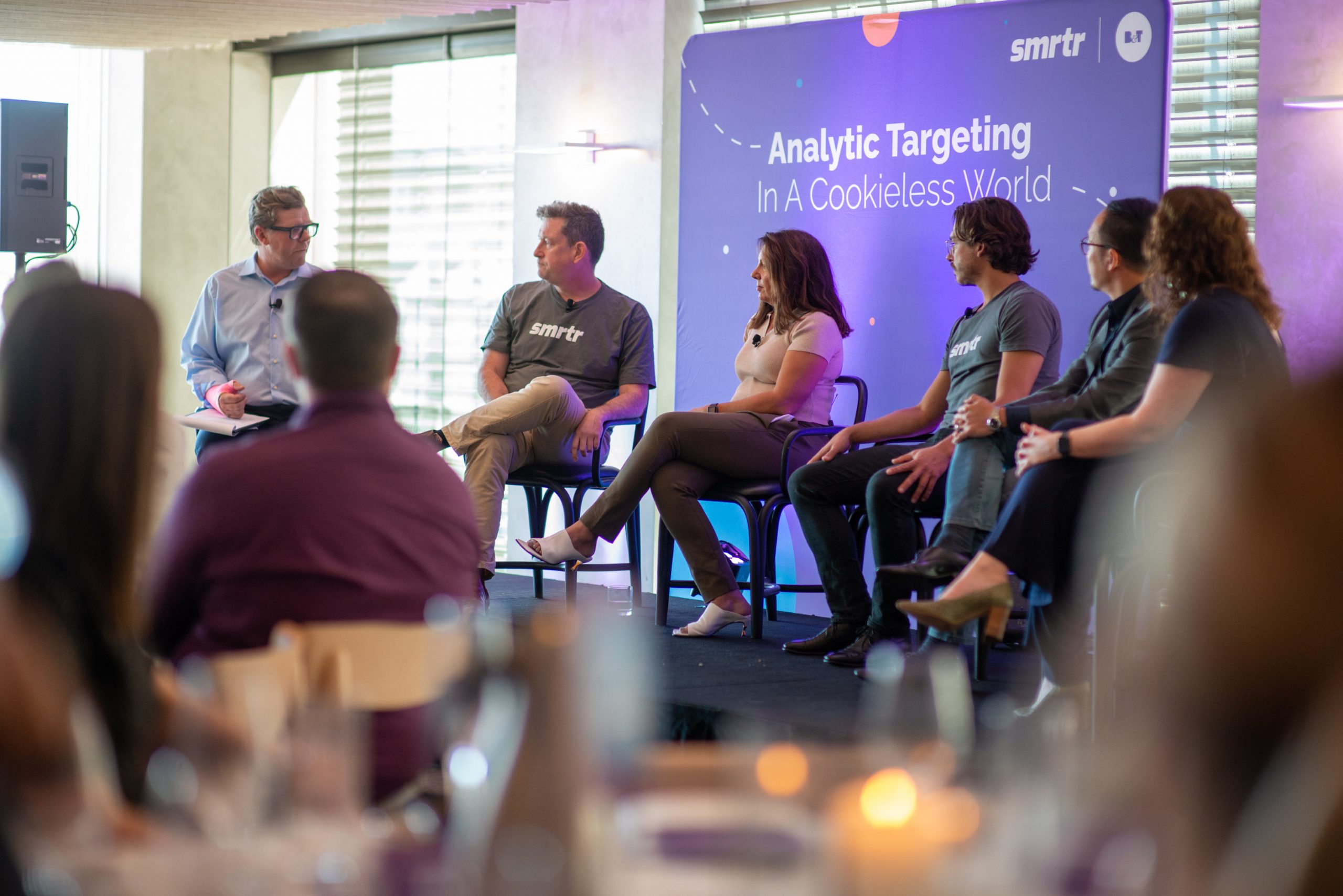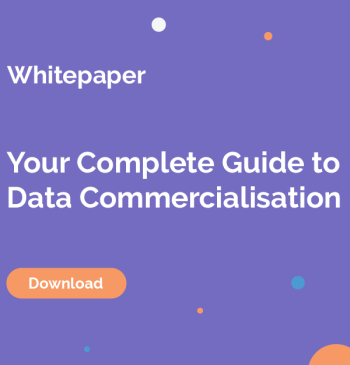Data Commercialisation, Data Governance, Data sets, Targeting & Programmatic Marketing
First-Party Data, Transparency And Aggregation: Tips On Surviving A Cookieless World
- By smrtr insights
- No Comments
09 Mar

Google’s latest announcement around the future of web tracking and online privacy reinforced what most marketers already know.
First-party data is a must for a business hoping to effectively market and create meaningful relationships with customers.
Making the announcement, Google’s director of product management, ads privacy and trust David Temkin confirmed Google would continue to support first-party relationships on its ad platform for partners.
“Developing strong relationships with customers has always been critical for brands to build a successful business, and this becomes even more vital in a privacy-first world,” he said.
And while first-party data might be billed as marketing’s current Holy Grail, it is not always readily accessible for businesses.
A global conglomerate like Google or Amazon is always going to have a natural advantage when compared to a smaller company with fewer customers.
According to smrtr’s GM – commercial Steve Millward, these smaller companies can level the playing field by accessing external datasets.
“I think we need to start integrating second party data and start to share data with other organisations where it’s complementary,” he told the crowd during a panel session at the smrtr presents Analytic Targeting In A Cookieless World event in Sydney on Thursday.
“This data lasts forever and can be locked away. There’s a lot more opportunity for companies to collaborate and share customers. I think there will definitely be solutions around collaborating [with data].”
MediaCom Australia CEO Willie Pang said that while data is important, using this data to create actionable insights is where marketers can position themselves ahead of the competition.
“The good news is that in categories where there’s very little first party data, your competition also don’t have any,” he said.
“Every one of these clients, every single one of these clients without fail is trying to get the second- or third-party datasets and move into that data fusion space, because no one’s got enough of it. But no one knows how to use it effectively to get to something actionable.”
Looking forward without cookies
While some in the industry have shown concern around the removal of cookies, it also presents marketers with the opportunity to make more informed decisions when it comes to targeting audiences.
As cookies are used to target customers based on their past browsing behaviours, they are heavily-skewed towards customers who are much further down the funnel, said Millward.
“The reality is that by the time you’ve bought something, there’s a lot of people in your cohort who are maybe wanting to buy a product but they haven’t thought about it yet. We’ve been overtargeting by only focusing on people who are ready to buy right now,” he said.
Using data to inform marketing campaigns can allow audiences who might not know about the product or service to be targeted based on other factors.
When using data in this manner, having a “very clear hypothesis” can help marketers bring together the right datasets with the right purpose, added Pang.
“You can hone that level of investment and time into trying to solve for that. We see that all the time with clients, instead of trying to ‘boil the ocean’, we can get really sharp [with how we use data],” he said.
It’s all about aggregating
Another key takeaway from Google’s announcement around the future of targeting was the importance of aggregated segments to target audiences based shared web browsing interests.
These ‘FLoCs’ have been shown to be 95 percent as effective when compared to cookie-based advertising.
For smrtr, the notion of creating audiences based on common behaviours and then aggregating these groups to protect PI is nothing new.
Millward gave the example of data that smrtr has collected around car purchases that has been collected by dealerships over time.
Although this is rich data, using it in a way that exposes PI would breach ethical and legal standards around commercial data use. But by aggregating this data in a cohort level, it can be used to create segments of users that can be targeted in future marketing campaigns (without breaching individual privacy).
“The biggest problem we are targeting is how can we, under strict aggregation, maintain privacy of the individual client,” said smrtr co-founder and CTO Boris Guennewig.
“So the way we deal with that is relational way. And we aggregate only towards a certain level, because when you have, like we do, a bunch of vertical data sets integrated into to some degree data, even if you don’t use PI, data becomes reidentifiable.”
Do customers want to hand over their data?
For first-party data to be a commercially viable asset for businesses, customers must first be willing to hand over this information.
But with highly publicised data breaches in recent years and increasing demands around privacy, this isn’t always a simple task.
Optus head of virgin mobile Emma Jensen said that the industry “had not done a good job” in winning over the trust of customers when it comes to data sharing.
She suggested that if businesses are more transparent with how they plan to use customer’s data, they might be more willing to share.
“It’s got to start with each of the industries, each of the companies just being honest. We need shorthand ways of being clear on what we’re doing with data, how we’re capturing it and how we want to use it,” she said.
“I think if we have that openness, I think people will, if it’s useful for them, want to supply the data.
“At the moment, it seems like the people don’t want to give over their data – and they don’t want to because they don’t trust us and they don’t think we’re going to use it in the right ways.
“It [changing the perception] starts with admitting there is a problem and taking steps to resolve that in a way that is open and challenging ourselves on it.”
To find out more about how data can be used for your business in a cookieless world click here to download Balancing Performance & Trust: What’s Next For Online Targeting. Watch the full panel discussion here.



